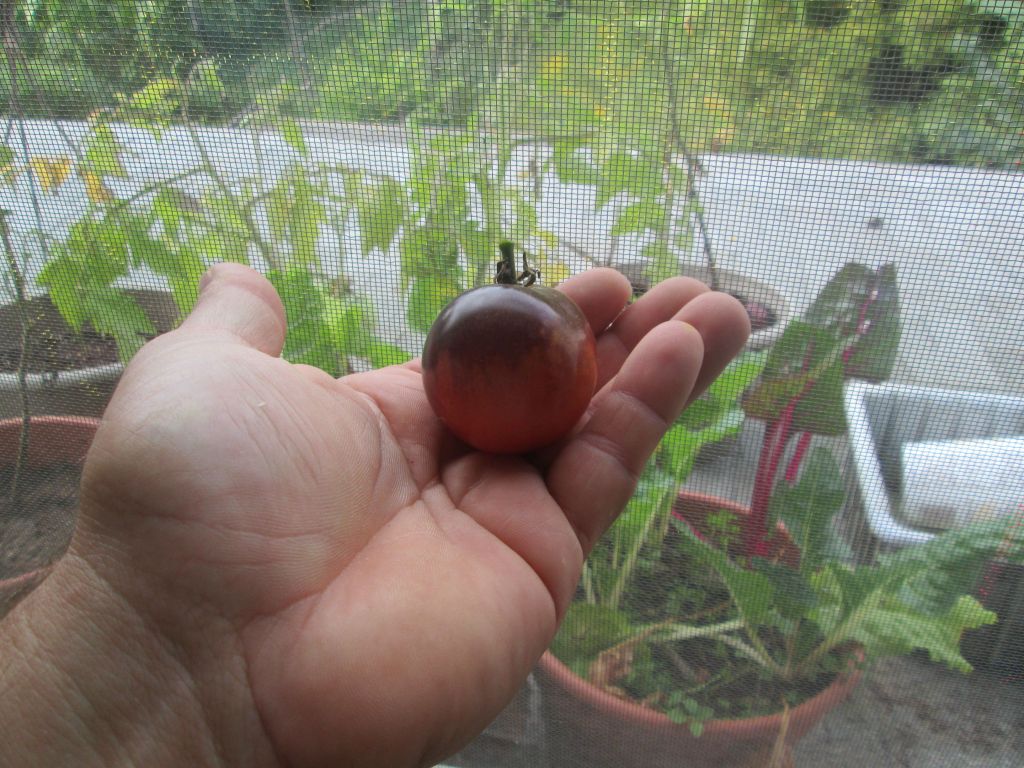I just came across this story about a town in Wisconsin that voted against allowing chickens. “Janesville City Council denies request for backyard chickens.”
Following is a comment I left there:
The very fact that this article had to say that a rooster is not necessary for hens to lay eggs shows why this measure didn’t pass. People are profoundly ignorant (not stupid–just needing to learn a lot more), and they’re mistaking that ignorance for sophistication. What I refer to as “urban sensibilities” and farmer/author Gene Logsdon has termed “Acorn Tree Syndrome” are crippling the advancement of appropriate technologies and sustainable agriculture.
Let’s look at a related example: clotheslines. Clothes dryers use an enormous amount of energy that is produced by burning oil that comes from countries that don’t like us, or by burning coal that comes from tearing down mountains and causing town-swallowing mudslides in Appalachia.
A lot of this energy usage could be eliminated by using clotheslines. Not everybody would want to, and I wouldn’t want to see a law requiring it. But if people WANT to do this responsible thing, something that moves our nation a step closer to energy independence, that gets them outdoors and makes their clothes smell fresh without allergenic fragrances, why should we prohibit them? Outlawing such a wholesome and useful activity requires a strong argument–some harm that’s worse than the benefit gained. And yet, many municipalities and homeowners associations prohibit clotheslines for no more compelling a reason than “Ew, it looks trashy. I don’t wanna see it.”
You’ll get over it. It looks weird to you because you’re not used to seeing it, but once you get past your classist programming that says it’s ugly, you won’t even notice. To paraphrase Thomas Jefferson, “What do I care whether my neighbor hangs out his clothes? It neither picks my pocket nor breaks my leg.”
Be it clotheslines, solar panels, vegetable gardens, rain barrels, a few chickens, or anything else where someone takes personal responsibility for the health of their environment, there’s a municipality somewhere that’s got a law against it. Chickens used to be common in cities–it’s why bantam breeds were developed, after all. It wasn’t until after WWII when young suburbanites decided that anything that wasn’t “modern” was embarrassing that they started passing laws against anything they saw as backward. That’s why so many suburbs built in that era don’t have sidewalks. Why walk if you can drive?
The economy isn’t getting any better and won’t for quite some time. If your city wants to be resilient and prosperous, it’s going to have to lose the snooty attitude and start allowing some practical lifestyle changes. You’ll have to start basing policies on empirical facts rather than prejudices.
Here’s a link to a research paper a woman in Montgomery, Ohio presented to her city council on the issue of chickens. It swayed their opinion from 5-0 against to 5-0 in favor: http://www.scribd.com/doc/16509728/Changing-Your-Citys-Chicken-Laws
http://impala.temp.domains/~woodlandurb2/blog/?p=101


